Who uses Bing and what do they search for?
Who is your typical Bing user?
Should you run your PPC campaigns on Google or Bing?
For most people the answer is obvious: Google.
You don't 'Bing' things, you Google things.
Why waste your hard-earned ad budget on a platform with less traffic and less users?
Well, there are in fact a few advantages to advertising on Bing as opposed to Google.
The biggest one is less competition.
Google may have more search traffic, but it also has way more advertisers bidding on keywords.
That means it is harder to capture search traffic for popular keywords.
Bing may not be as cool, but you can be the big fish in the small pond and capture traffic you may not otherwise get on Google.
And for a lot cheaper too.
But who exactly are these strange people who use Bing as their primary search engine?
Bing released some interesting data in a blog post answering just that.
Let's go through the demographics and see who your typical Bing user is and what they are searching for.
The most important figure that Bing uses as an enticement to get PPC marketers to advertise on their platform is the 60 million users you are leaving out if you just stick to Google Ads for your paid search marketing.
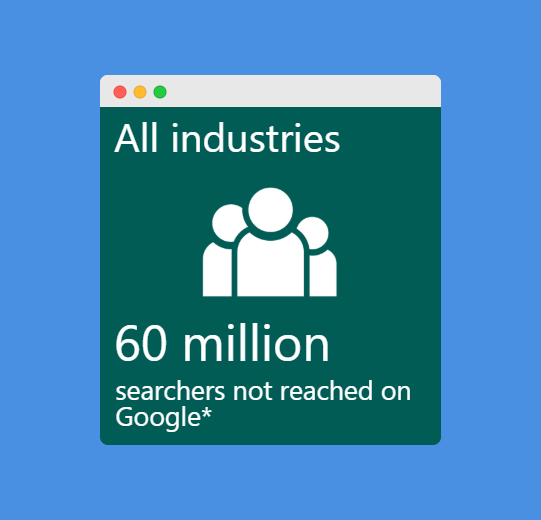
That's a lot of people.
According to Bing, their network also includes 137 million unique searchers with a total of 6 billion monthly searches taking place on Bing.
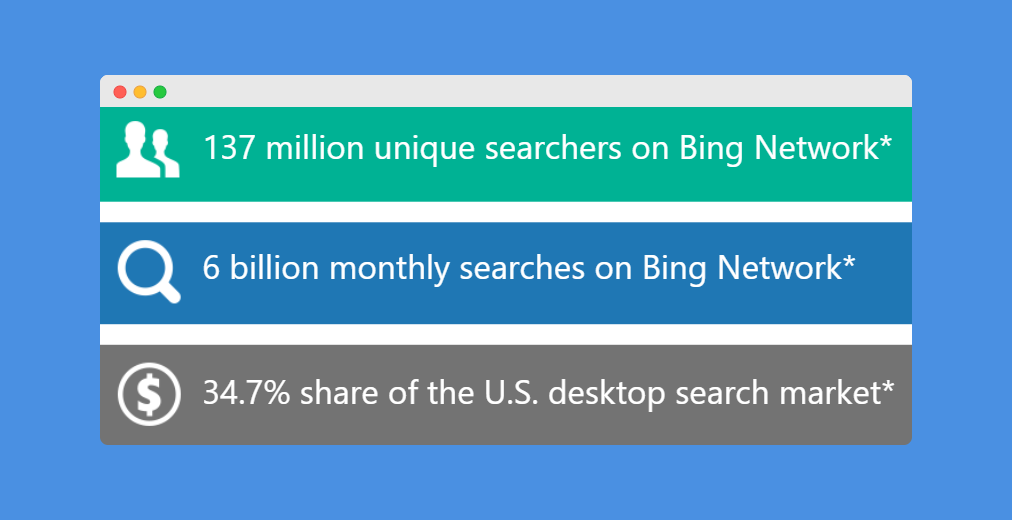
While this is a lot less than the almost 50 billion monthly searches that take place on Google, it is still quite a high number.
In fact, Bing says they hold 34.7% share of the U.S. desktop search market, although others have disputed that number as unrealistically optimistic.
In terms of gender, Bing is used equally by men and women.
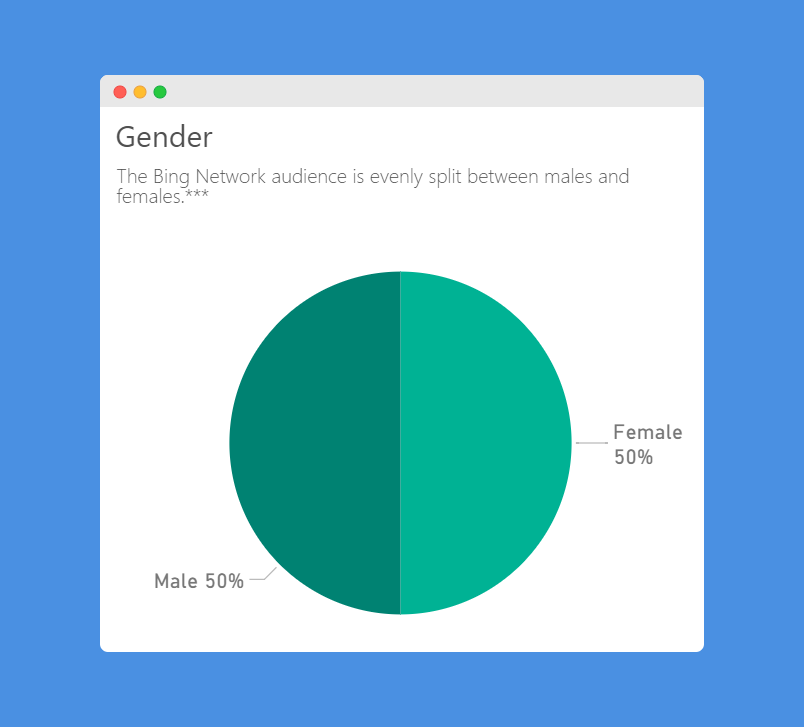
Around 43% of searchers are married, 31% single, 11% divorced, 9% living with a domestic partner, 4% widowed and 2% seperated.
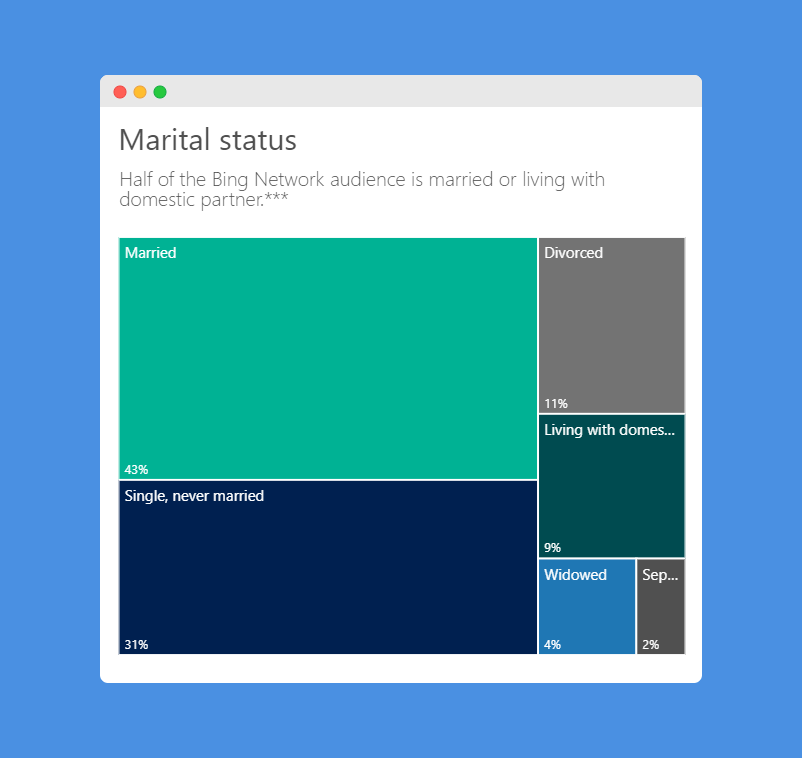
Interestingly, the region of the United States where the biggest amount of Bing users are from is the South Atlantic, with 21% of all Bing Users. This is suprising, given that it is not the most populated part of the United States.
After the South Atlantic, it goes East North Central and Pacific tied at 15%, Mid-Atlantic at 13% and West South Central at 11%.
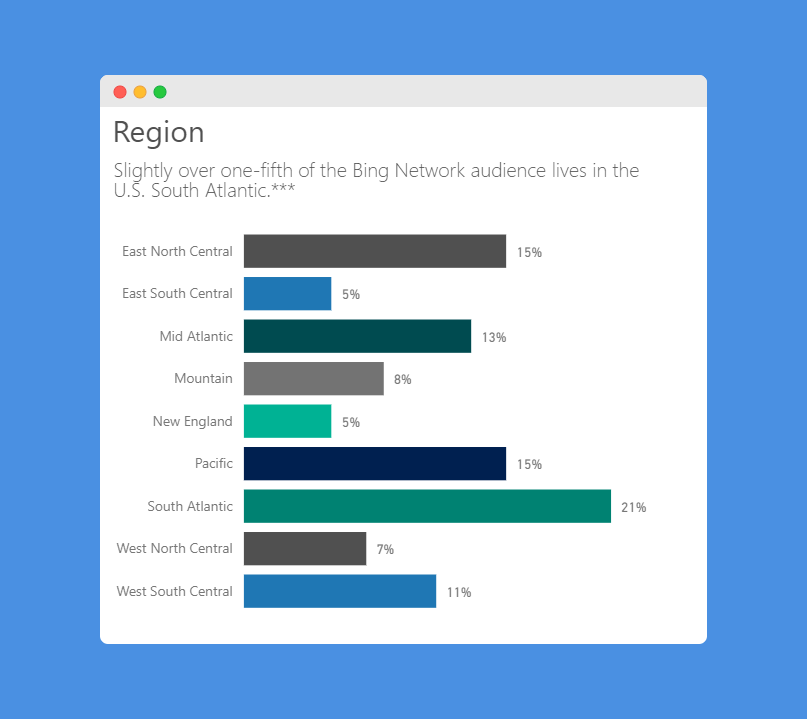
In terms of age, Bing users lean toward an older demographic, with 54% of users over the age of 45 and 46% of users under the age of 45.
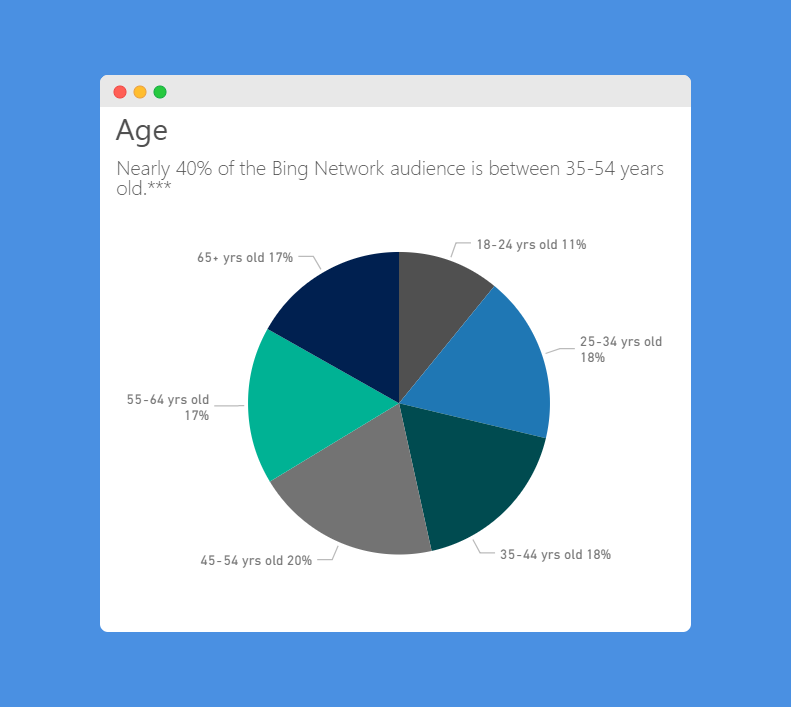
Over one-third of Bing users have household incomes of over $100,000, which means they have money to spend. Why not target these users with ads?
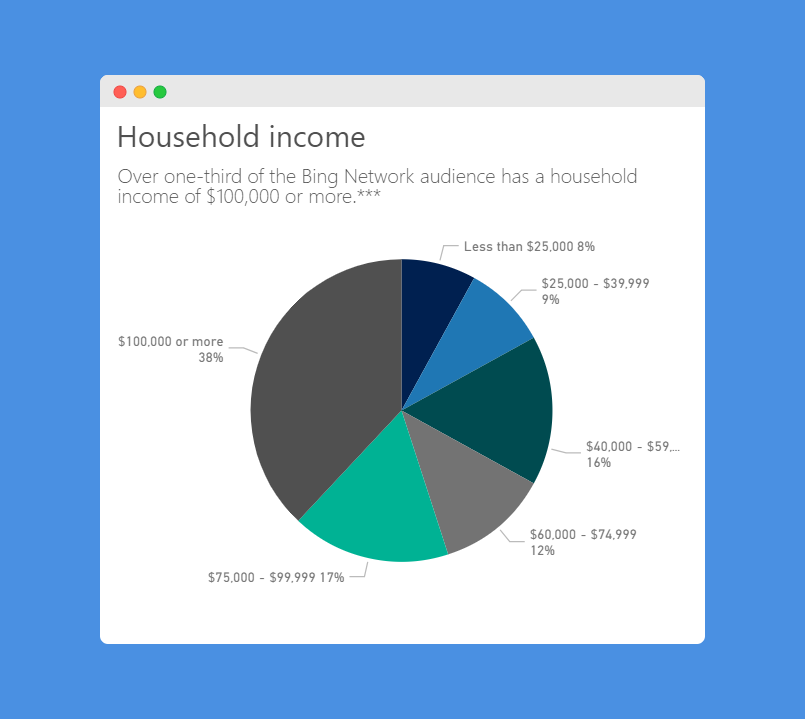
Bing users are also highly educated, with a third of Bing users holding a Bachelor's degree and 17% having graduated from graduate school.
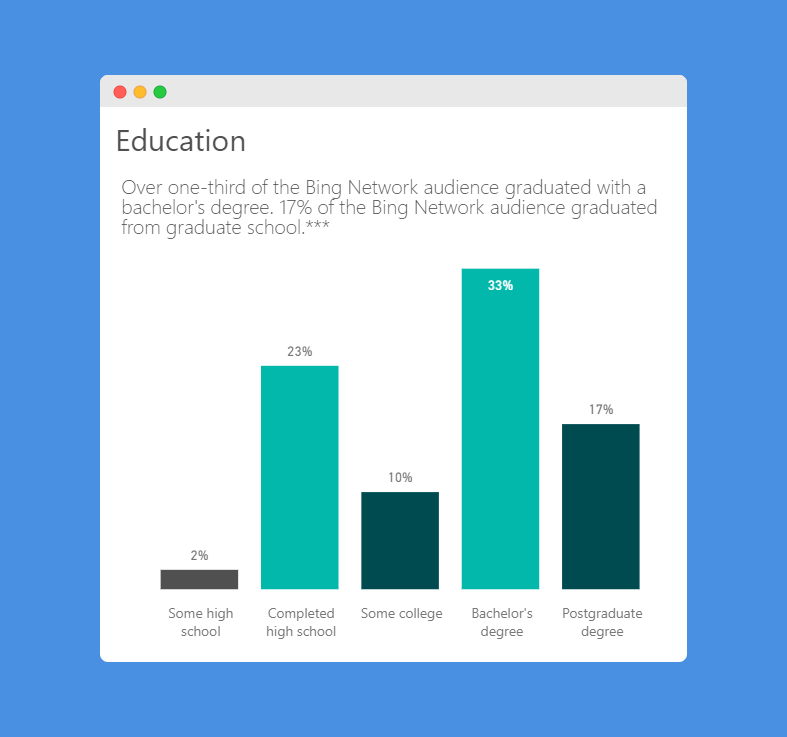
What about specific industries?
Here's how many searches take place on the Bing network in various industries.
Bing Automotive Searches
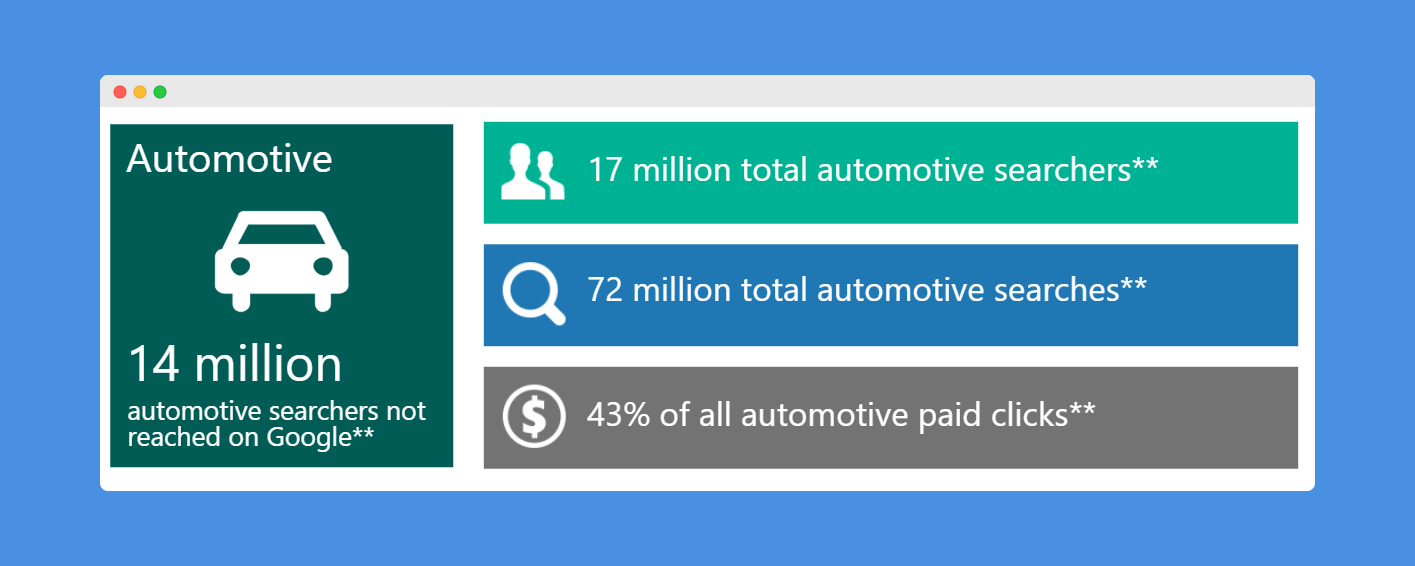
Bing Education Searches
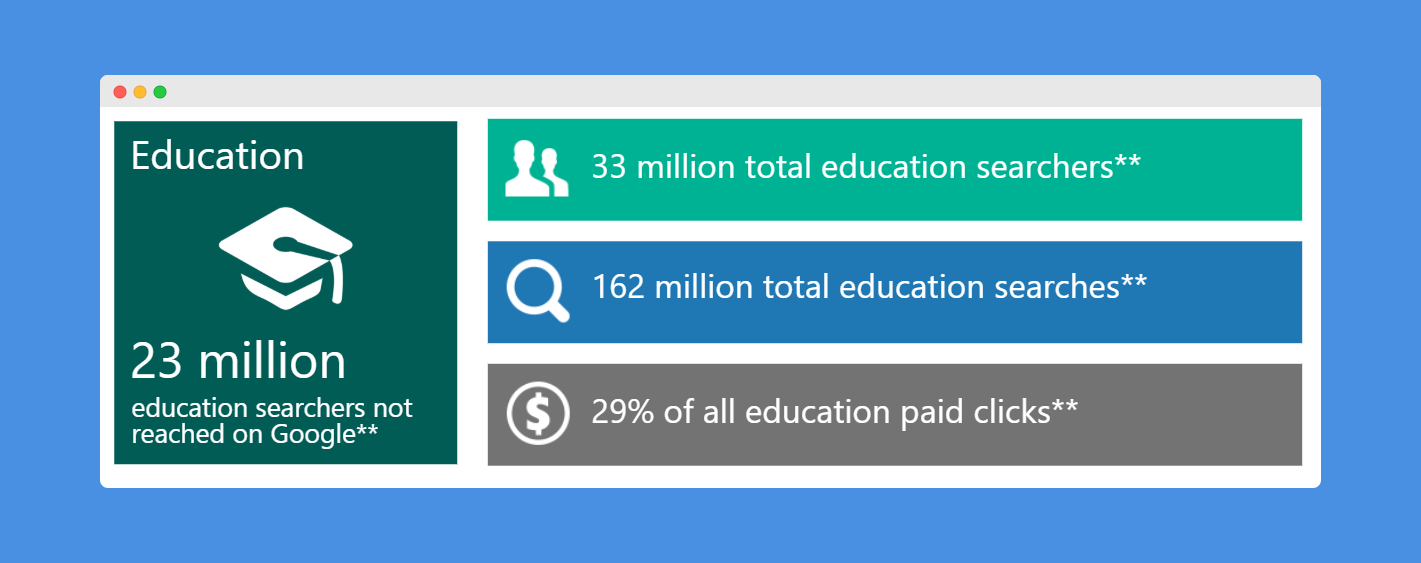
Bing Financial Searches
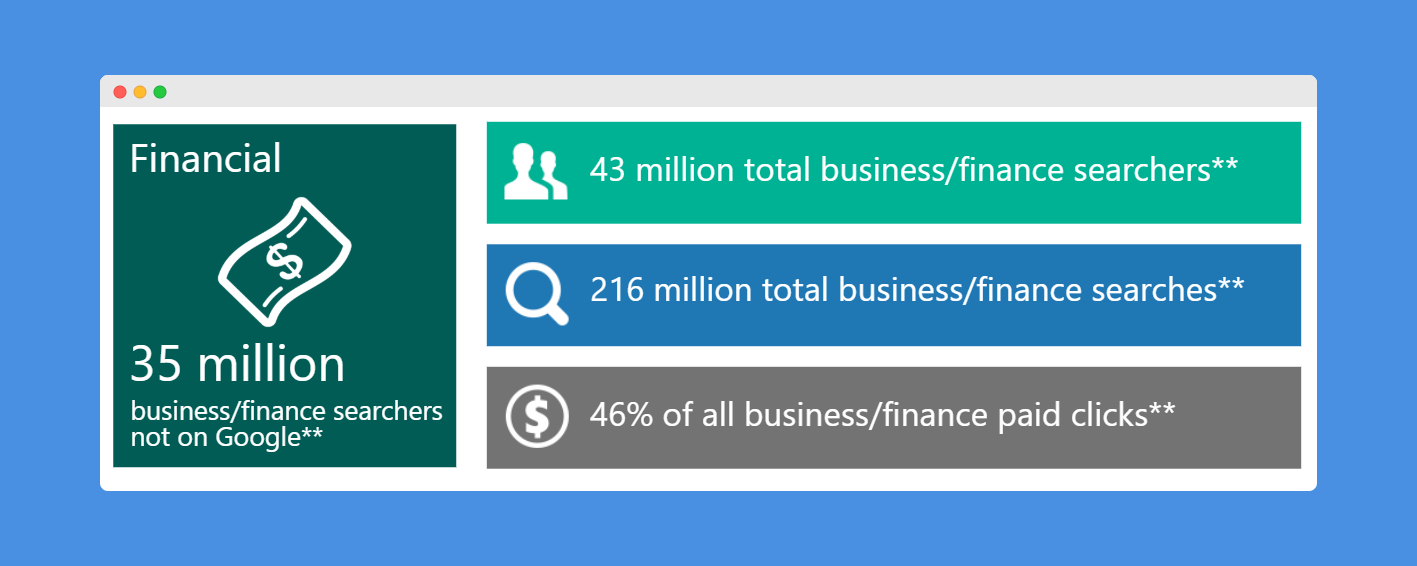
Bing Health Searches
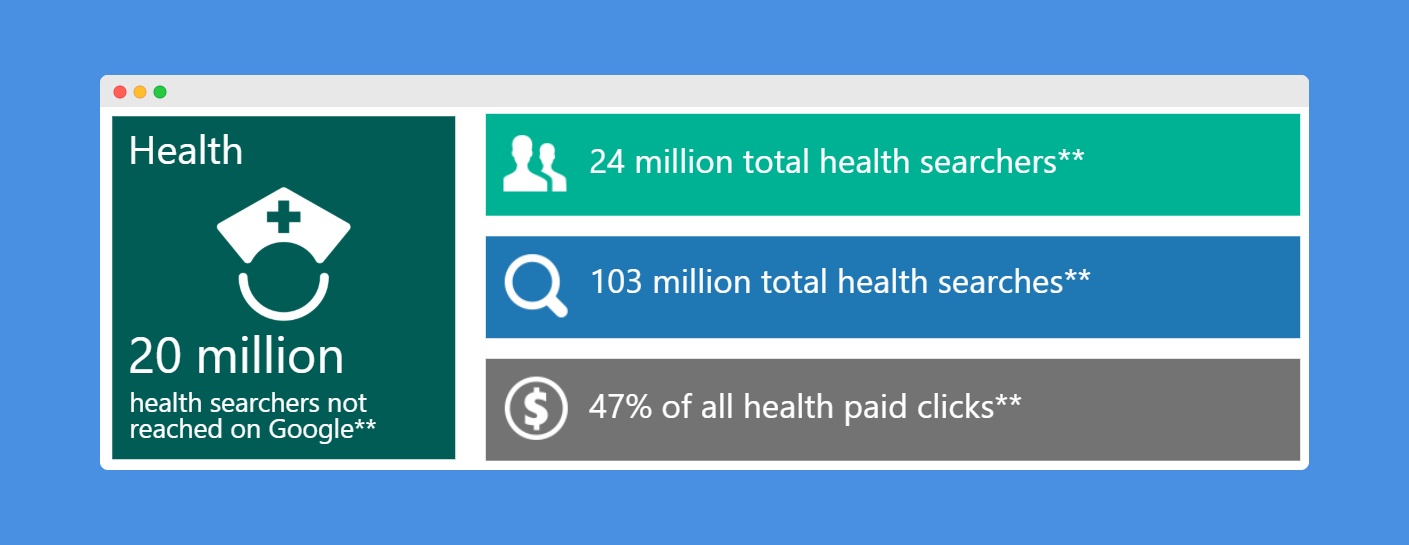
Bing Retail Searches
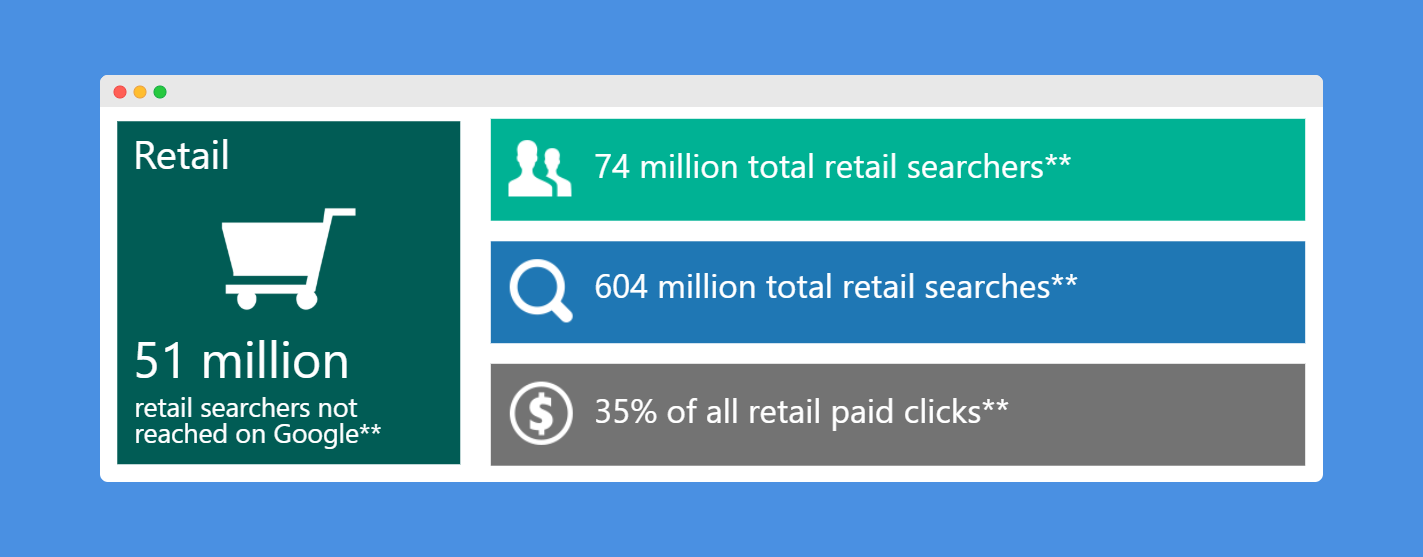
Bing Technology Searches
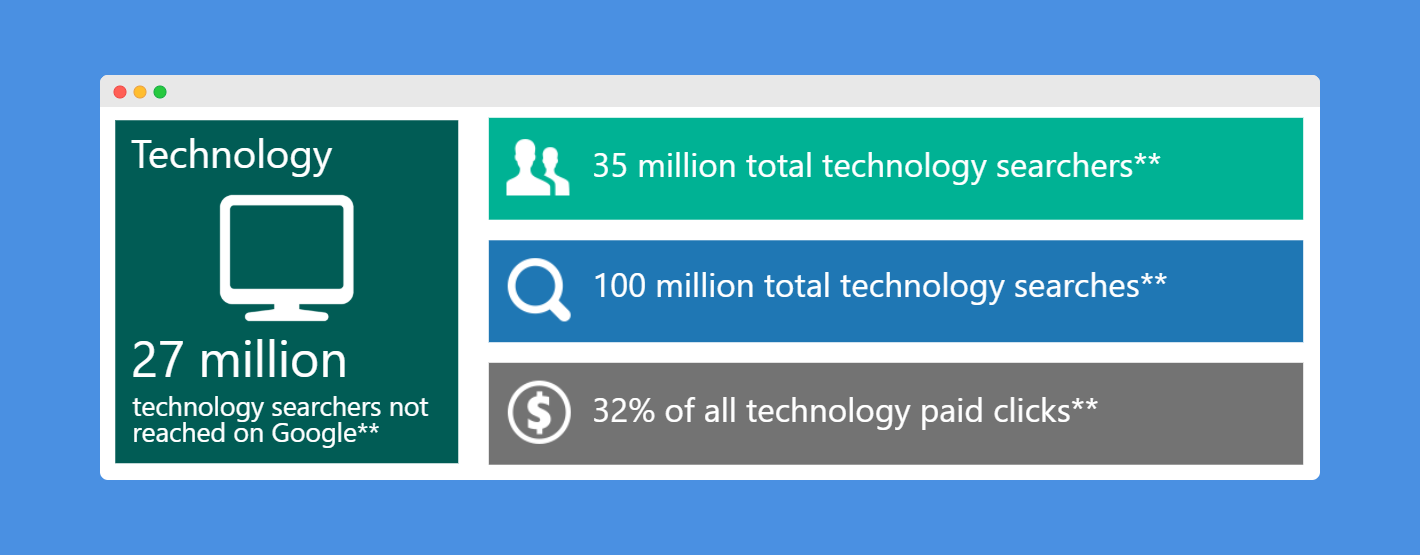
Bing Telecom Searches
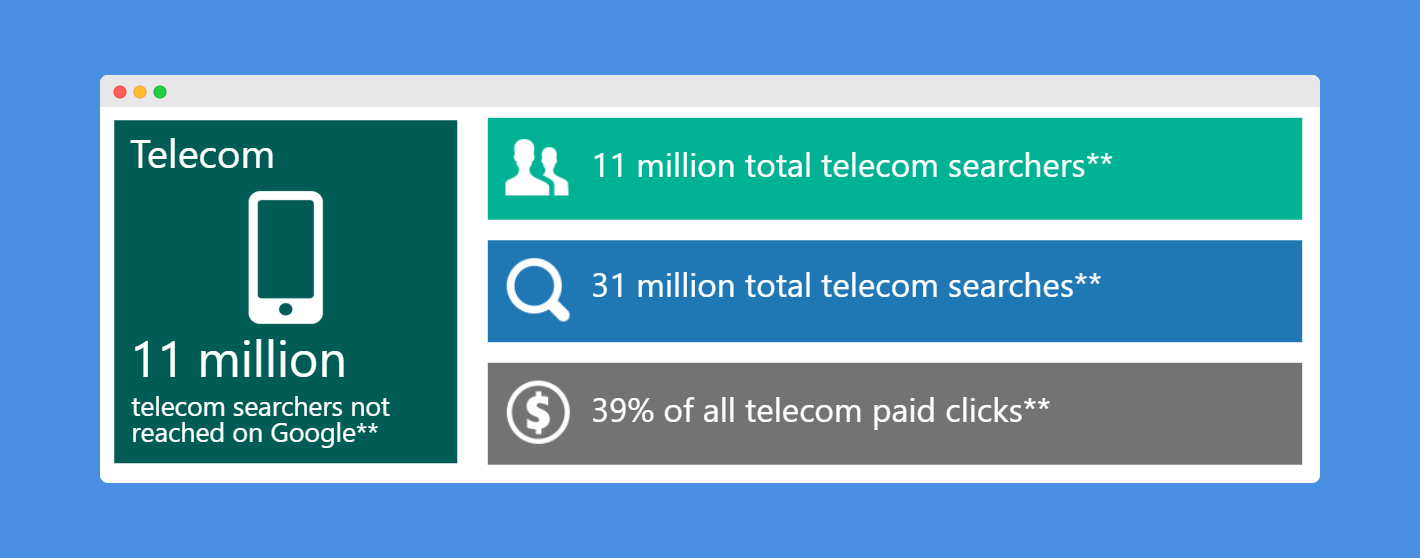
Bing Travel Searches
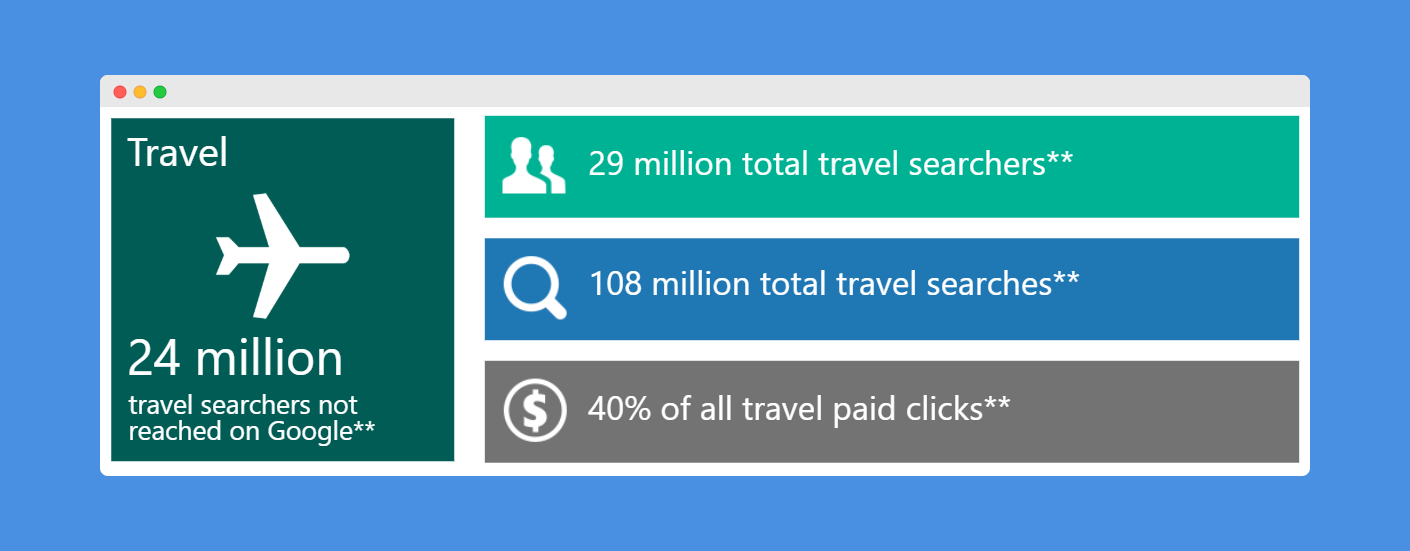
You can play around with the data more at this link.
Overall, what the information shows is that Bing is still an important player for PPC marketers. While the go-to platform is Google and will likely remain so for the forseeable future. Bing gives PPC marketers the opportunity to bid on search terms that would be a lot harder to capture on Google.
And given how expensive CPCs are becoming, cheaper advertising alternatives are beginning to look more and more attractive.
So if you are struggling with Google, try giving Bing a shot. You may be surprised at the results.
Try Aori
Ready to give Bing a shot for your PPC campaigns? Check out our alternative to the Microsoft Advertising Editor for a faster, smoother and more effective campaign management experience.
